HI!
Immaculata here and thank you for all your love on the podcast this past week. Spotify Wrapped for my podcast showed that Sweet Medicine was the #1 show for 12 people on the app, and that means a lot to me. If you’re one of the 12, please let me know, I’d like to host a focus group with you people on what more you’d love from the project as I think of the future of the project. I’m here to feed you!
If you’re not one of the 12 and you’d still love to chat with me about stuff you loved and stuff you’d love to see more of, please let me know too.
📧: hello@studiostyles.org
(Oh, I’m also hiring a part-time Generalist. I’m hoping to hear from people who are big dreamers + big players + big doers.)On the podcast this past week:
I've spent the past seven weeks discussing why social healing, why the humanities when people are starving, what do we do with History, what are Nigerian nervous conditions, what kind of society is Nigeria and why was Nigeria made in the first place. I set up these questions to give a sense of what the problem is, and how the centuries before now led us here.
With all this information, how can we work towards these resilient, compassionate and responsible futures? My suggestions: take ownership and pay attention to our bodies.
The interviews this week have unique viewpoints on this social healing matter which both show how the needs of the state are often in conflict with the needs of the individual. With Gbope Onigbanjo, an expert on the Economic Community of West African States (ECOWAS), we discussed Nigeria’s relationship with its mates and what is good for the states is not necessarily what is good for their people.
With Tobiloba Akibo, a landscape architect and researcher, we discussed ownership of our public spaces, urban planning and how transformational environmental justice is often found in sites of resistance to the government’s dictates on how space should be used.
Enjoy!!
Please spread the word, rate the show on Spotify or Apple Podcasts, or leave a comment. Word of mouth goes a long way.
Why take ownership? What are our bodies good for?
listen above
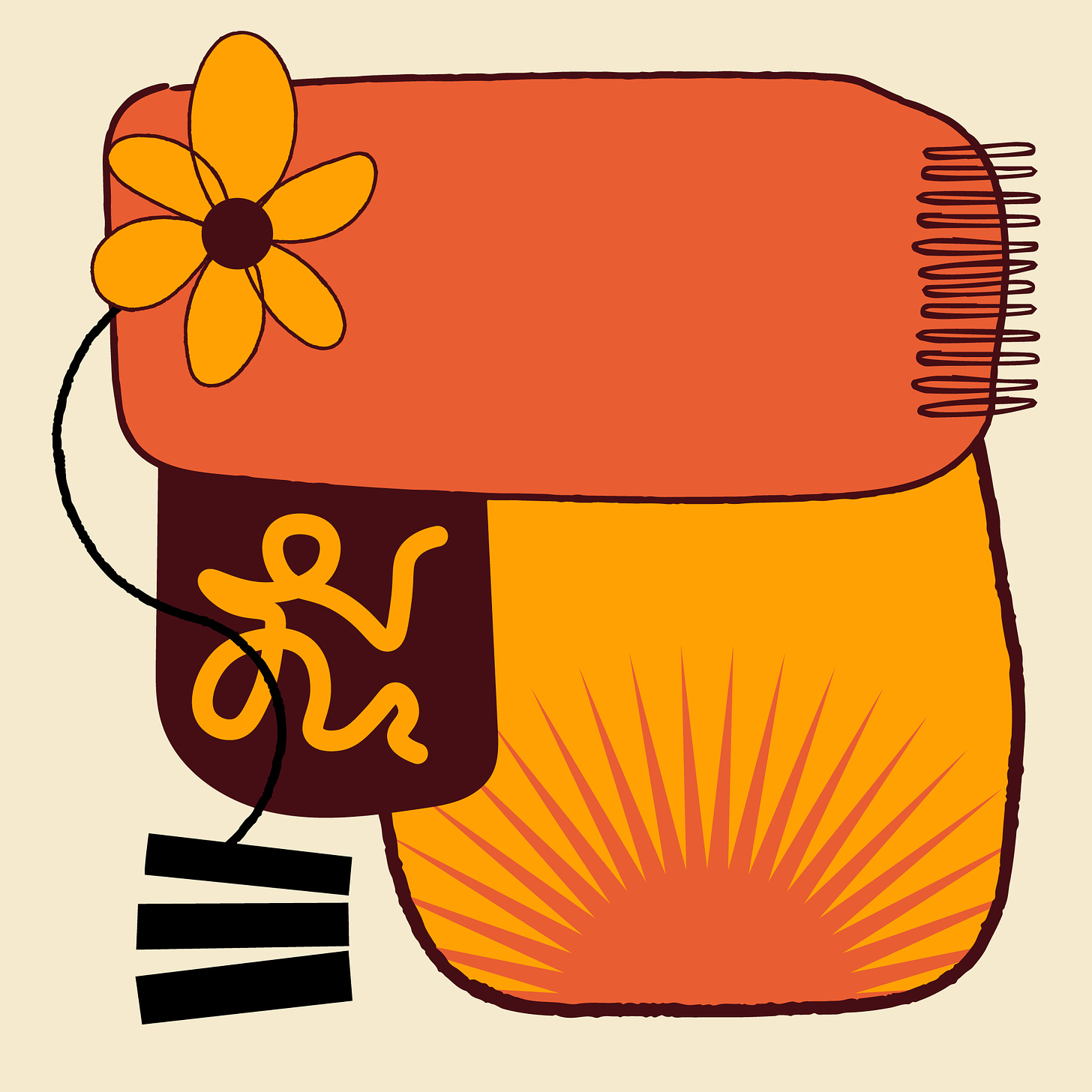
This episode includes an excerpt from this talk, What Kids Can't Do: Youth, Historical Agency, and Authority, by Abosede George (Associate Professor of History, Barnard College and Columbia University) at Wolf Humanities Center's 2020-21 Forum on Choice, March 17, 2021.
03:21 Is agency all that matters? Abosede George on foregrounding other dimensions of being human
10:04 Connection comes with the risk of loss and failure, connect anyway
12:47 My body’s my buddy / Body go tell you
18:24 Denying our self-sovereignty
“Conflict always leaves people transformed.” - Gbope Onigbanjo
(Acast link)
In this episode, I speak with Gbope Onigbanjo, a researcher and consultant working in the fields of international affairs, peace studies, and political economy with a geographical focus on Africa. Our conversation centred around Nigeria’s role as Big Brother in West Africa and how that has bred skepticism among other states in the Economic Community of West African States (ECOWAS). This is a unique episode in this project in that it zooms out a bit from the individual and communities of individuals to look at Nigeria’s relationship with its mates: other countries in West Africa.
Timestamps
01:32 Exploring Liberal Peace-Keeping
03:50 ‘Healing’ as Peace and Security
05:59 Understanding Peace in African Contexts
12:25 ECOWAS and Nigeria
23:18 Elite-based/State Peace vs Local Peace
27:30 Russian flag in Kano?
Full transcript is not yet live but will be on this page.
“How do we practice landscape democracy?” - Tobiloba Akibo
(Acast link)
In this episode, Tobiloba and I talked about transformative environmental justice in Nigeria, Lekki as prime example of land dispossession in Lagos in the name of capitalist modernism, the challenges that come up in translating and applying current popular Western frameworks of social justice in Nigeria, and why we need more Nigerians, individuals and institutions alike, to fund social research.
01:19 Lekki, Lekki, Lekki
07:29 Wetin concern me concern government property?
11:56 ‘We were only four in my Landscape Architecture class.’
20:54 Landscape for the people by the people
29:49 Elsewheres: Transformative environmental justice practices in Nigeria
Full transcript is not yet live but will be on this page.
Follow and listen to the Sweet Medicine podcast on Spotify, Apple Podcasts, Amazon Music and more.




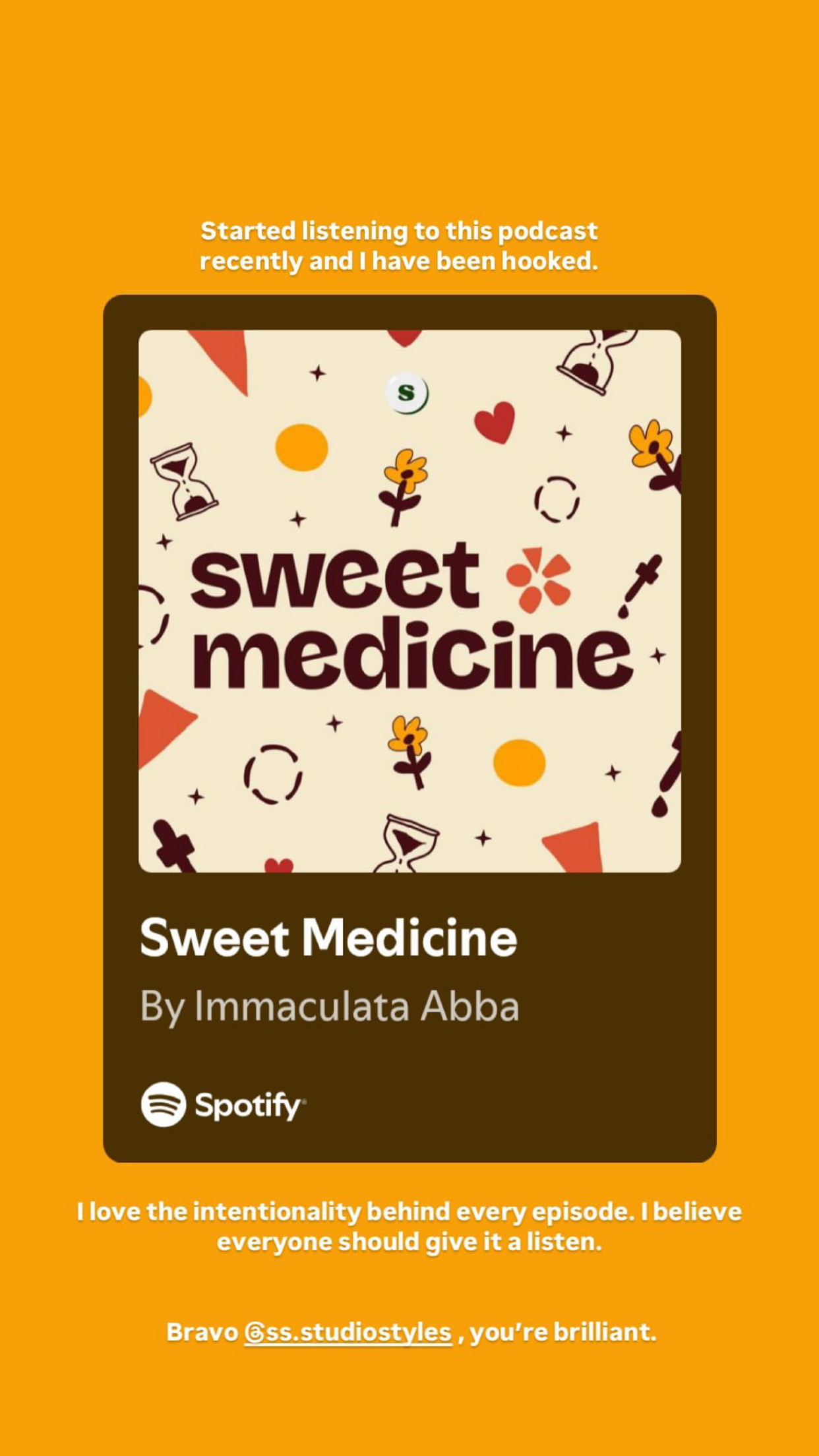


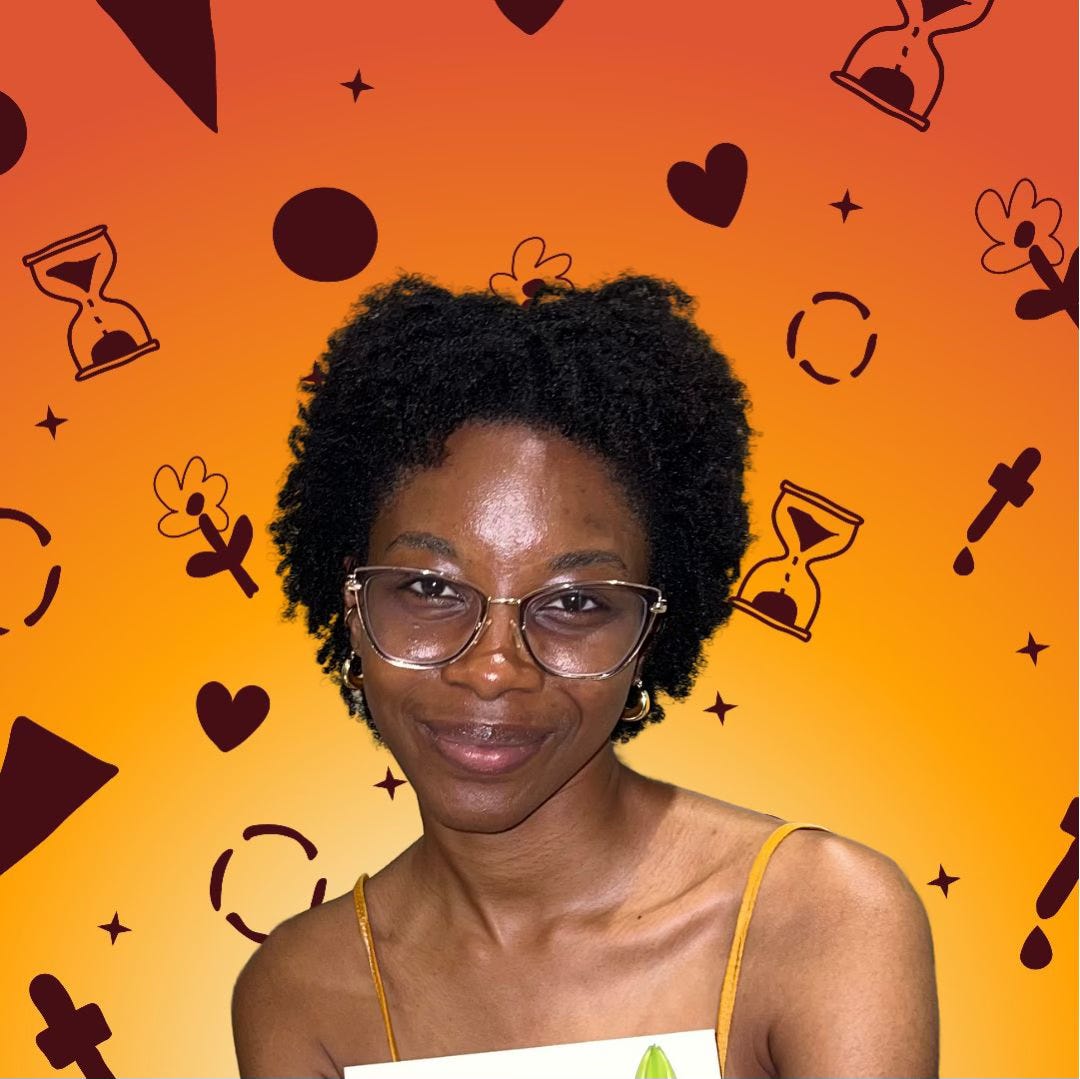
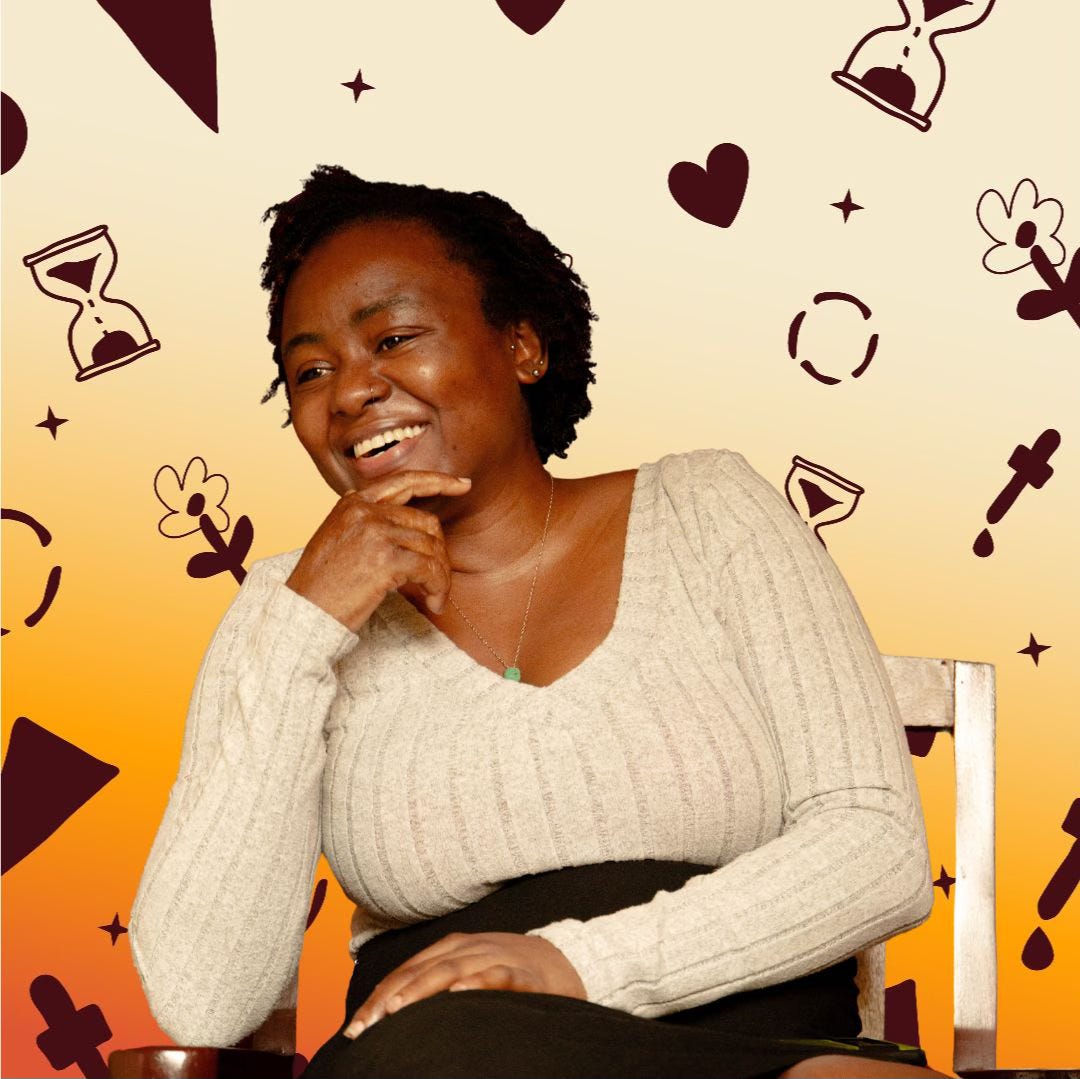


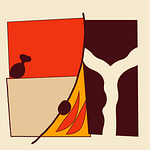





Share this post